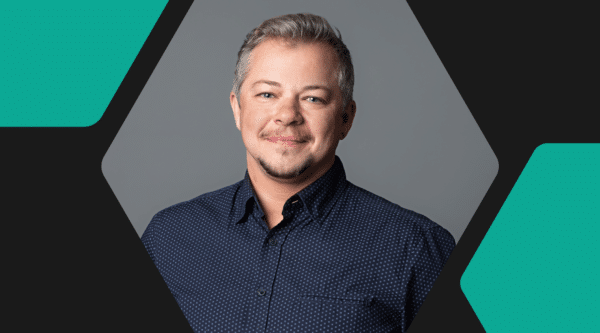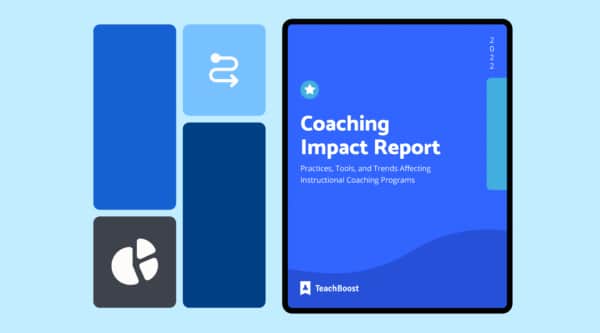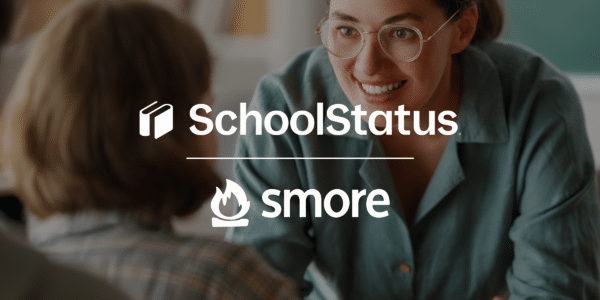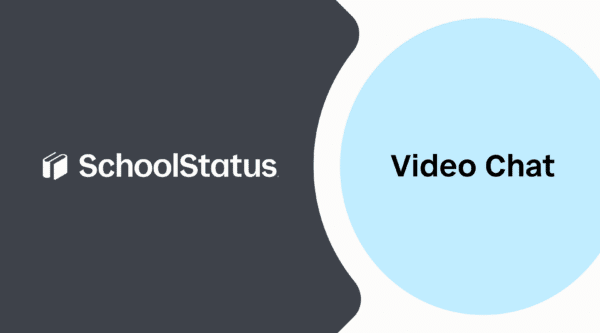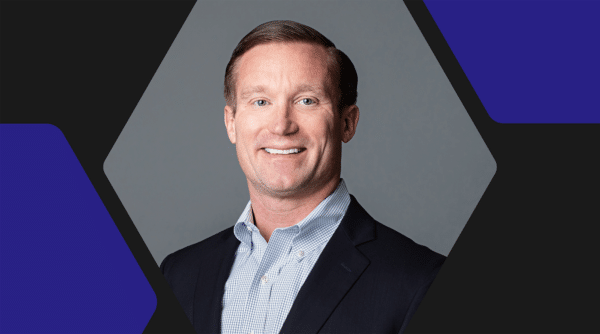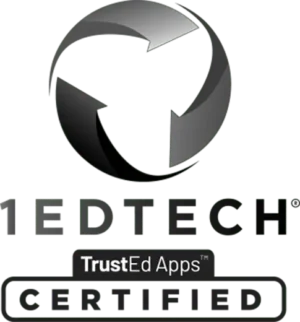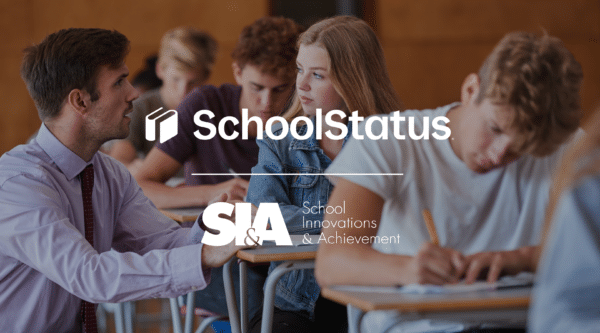
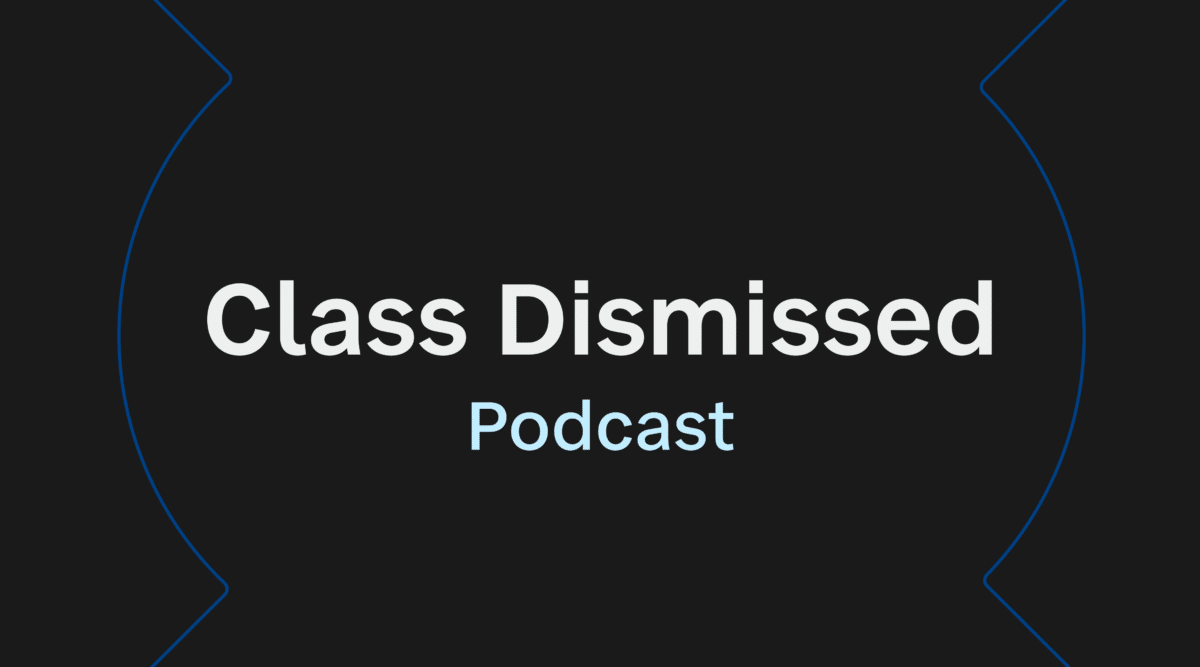
Podcast: Play in new window | Download (Duration: 40:21 — 32.3MB) | Embed
Subscribe: Apple Podcasts | Google Podcasts | Email | RSS | More
How schools can help overcome the disadvantage of poverty.
When illustrating the need for systems of support in our schools’, Harvard Graduate School of Education Professor Paul Reville uses an example close to his heart; his daughter.
He’s open about the list of advantages his daughter had when she showed up for her first day of kindergarten at an urban public school.
- a stable two-Family family
- adequate income
- healthcare
- stable housing
- full nutrition
- read to every night
- well-traveled
Reville says many of the children she sat next to in kindergarten had none of the advantages above. Plus, some of those children had already experienced various trauma on top of it.
We’ve always thought that schools would be the great equalizer, but that hasn’t turned out to be true.
“If you think of it as a hundred-yard dash, she’s [Reville’s daughter] already on the 50-yard line,” says Reville.
The student she’s sitting next to, who has all the disadvantages, is a hundred yards behind the starting line.
“And we fire the starting gun and when they don’t finish at the same time 13 years later at graduation, we act surprised,” says Reville.
Making change outside the school
Our current system is not enough to make up for the profound differences outside of school. Reville says that we’ve always thought that schools would be the great equalizer, but that hasn’t turned out to be true.
This is because children learn a lot outside of school. So if you only fix the school and you treat everybody equally when they’re in school. You’re not going to get a closing of the gaps.
“The access to opportunity outside of school is controlled by your financial and social capital,” says Reville. “We live in a society now, that has been recently demonstrated quite vividly, that there are huge disparities in wealth, income, and opportunity.”
Reville is optimistic that many solutions can be created at the local level. He says he witnessed great progress with community programs like City Connects in Salem, Massachusetts.
“The teacher connects with the student and the family. They develop a plan and they track progress against that plan,” Reville says.
Reville and his co-author Elaine Weiss, recently release a new book on the topic. Broader, Bolder, Better offers solutions on how schools and communities can work together to help students overcome the disadvantages of poverty.
To hear our full discussion with Reville, listen to Episode 189 of Class Dismissed. You can listen to the latest Episode of Class Dismissed on your favorite podcasting app or iTunes.
Other Show Notes
“A New Way to Inoculate People Against Misinformation”
Will FEMA Reimburse Schools for COVID-Related Costs? Here’s What We Know
Stay Connected
News, articles, and tips for meeting your district's goals - delivered to your inbox.



